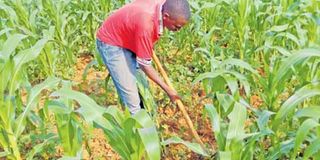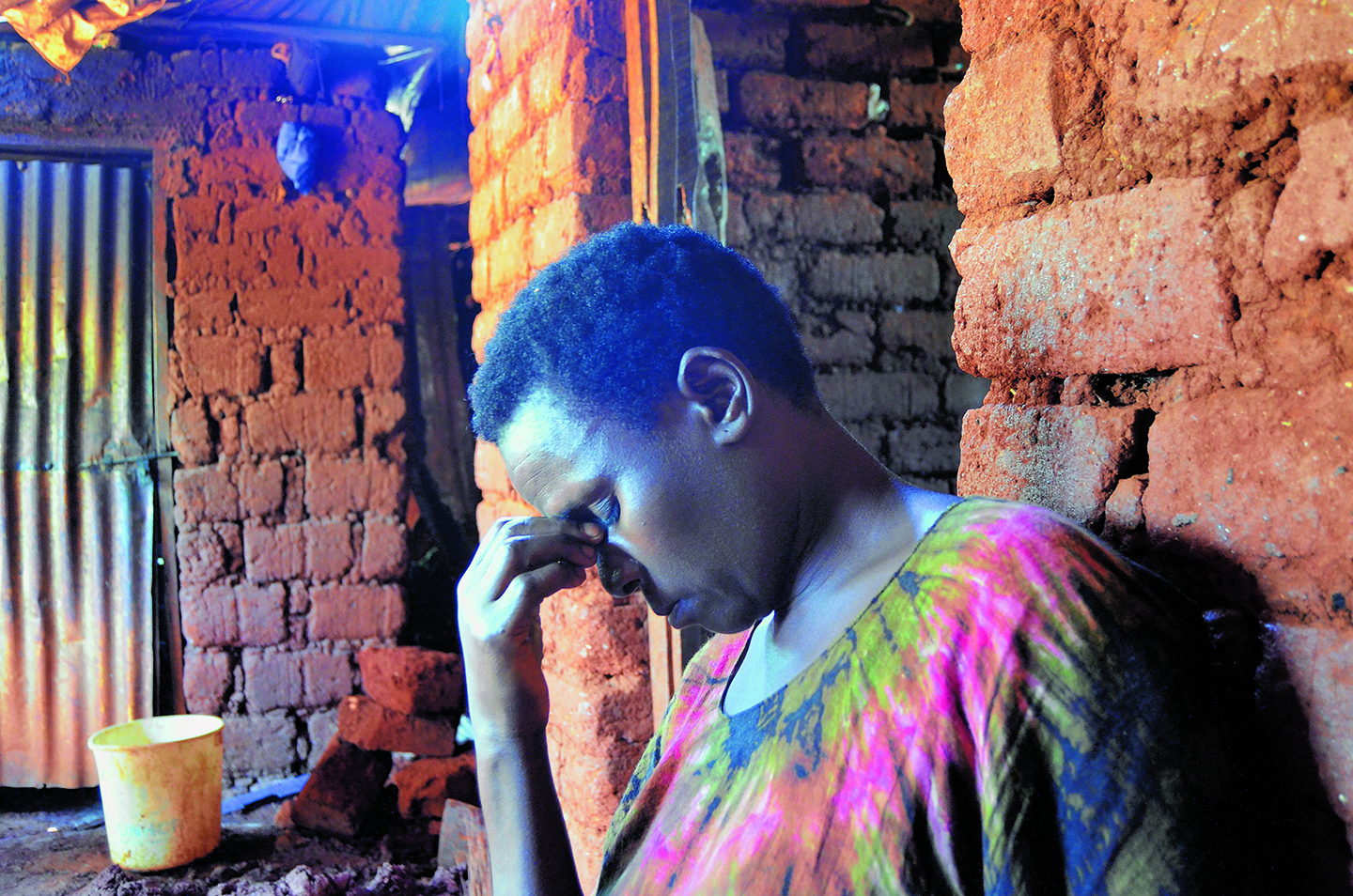Join associations registered by Brela to access loans, soy farmers urged

What you need to know:
It is possible to acquire them by joining associations and registering them with either the Business Registrations or Licensing Agency (Brela) or the Registrar of Cooperatives to enable them to access loans for buying appropriate implements to increase production, said Kilosa district agriculture officer Meshack Mkonde.
Morogoro. Small-scale farmers should use modern technologies to improve production.
It is possible to acquire them by joining associations and registering them with either the Business Registrations or Licensing Agency (Brela) or the Registrar of Cooperatives to enable them to access loans for buying appropriate implements to increase production, said Kilosa district agriculture officer Meshack Mkonde.
He was speaking during a soy demonstration plot in Peapea Village in Kilosa, Morogoro Region, recently.
The district and the African Fertiliser and Agribusiness Partnership (AFAP) are implementing a programme to sensitise farmers to grow soybeans, which are highly demanded.
However, to meet the market standards, farmers are encouraged to join associations that are registered by either Brela or the Registrar of Cooperatives.
He said although the majority of farmers had joined groups registered by districts those were not fully empowered to enable them to tap farming potential.
He said for growers to borrow funds from the Tanzania Agriculture Development Bank (TADB) they need to register their groups with either cooperatives or Brela.
“Kilosa District has 200 farmers groups, but only 20 among them are registered either by Brela or cooperatives.”
January 2016, TADB lent Sh1 billion to Iringa small-scale farmers. Last month, the government injected Sh200 billion into the bank to increase lending to smallholder farmers.
According to Mr Mkonde, Kilosa farmers have been complaining about poor funding.
One of them, Grace John, affirms that it has been difficult for farmers to increase crop quality and quantity due to the unavailability of proper inputs.
“We have been trained on how to grow soybeans, which are highly demanded, but inputs are poor.” AFAP’s senior director for public private partnerships and investments, Dr Mbette Msolla, advises farmers to work in groups to identify markets. He said although soya protein was highly demanded, businesspeople could not identify farmers if they work individually and produce small quantities of soybeans.
Demand for soybeans is 20,000 tonnes annually while production is 3,000-4,000 tonnes.
The crop is grown in Njombe, Mbeya, Iringa and Morogoro while farmers in Ruvuma, Arusha, Kilimanjaro Manyara are being sensitised to grow it.
To bridge the deficit, the crop is imported from Malawi and Uganda.




